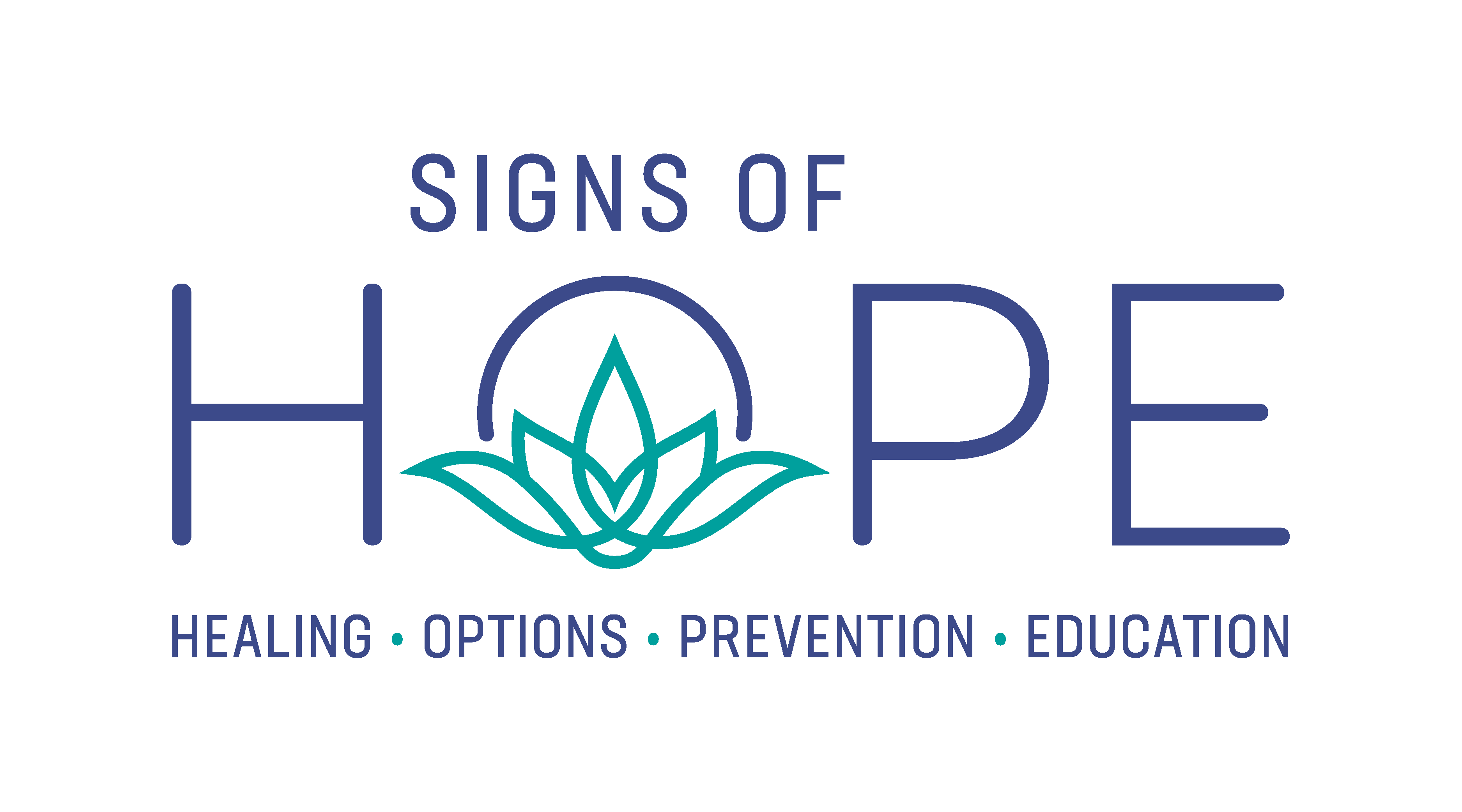On August 7th, the Nevada System of Higher Education Board of Regents met to discuss, among other things, significant changes to Title IX policy recommendations from the Department of Education. It was during this meeting that Regent Lisa Levine spoke out to protect victims rights, and was summarily silenced by Dean Gould, Chief of Staff and Special Counsel to the Board of Regents.
But this fight to defend the rights of victims didn’t start at this meeting; instead it started the day before, on the morning of August 6th, when Levine received materials pertaining to the agenda for the upcoming meeting. While reviewing this information, Levine quickly realized that the policy recommendations would be harmful to victims. A quick call to someone on NSHE’s legal team confirmed that these recommendations were coming directly from the Department of Education, and were highly controversial.
Levine then reached out to community leaders, faculty, student body presidents, and other public officials around the state and discovered that most of them had no idea about the proposed changes or, if they had been made aware, they had not been informed of the harmful consequences those changes would have for victims.
The Proposed Changes
The proposed changes to Title IX policies significantly reduce protections for victims, and create new barriers to seeking justice. Numerous local and national groups have been active in opposing the changes since they were introduced, including staff and partners of Signs of Hope.
- Originally, victims who sought justice had to show that the act of sexual violence against them was either severe, pervasive, or objectively offensive. Now, they must prove all three, creating an unreasonable burden that will discourage victims from seeking justice and make it more difficult to hold perpetrators accountable.
- Victims were previously protected on college campuses around the world. Now, protections are limited to domestic campuses, denying any process for justice to students or faculty who experience sexual violence while participating in study abroad programs or other school-related travel. This gives perpetrators the ability to commit acts of violence during such travel without fear of consequences.
- Victims are now required to go through a live hearing similar to a trial which includes cross examination. This change requires schools to appoint an advisor to act in the role of “judge”, or a panel to act in the role of “jury”, but the language on how these positions are to be appointed is vague, and provides no clarity on what qualifications those people should have. Not only does this create a barrier to reporting by exposing the victim to re-traumatization, there is no provision to protect the victim from retaliation by the appointed advisor or panel. This proposition has probably been the one most concerning to advocates, with universal concern that this one requirement will have a chilling effect on victims coming forward, and will subject every victim to re-traumatizing examination by unqualified individuals that could make it unhealthy and futile to even attempt to bring charges forward under Title IX. There is also a fiscal note on this change; most institutions have no way of funding this process, especially with covid-related budget cuts.
Not Enough Time
As she began to get the word out about these changes, Levine heard from countless advocates and survivors. “A lot of people are affected by sexual violence, especially when they’re on college campuses”, says Levine. “It’s not just 1 in 5 women assaulted while in college, it’s 1 in 16 men. Faculty is also affected; 1 in 10 rapes occur while the victim is at work. 90 percent of victims on campuses don’t report.”
The response was robust, from those who gave public comment, to those who took to social media to raise awareness, to those working in higher education who pushed through fears of retaliation to make their voices heard. Levine says it was this public support that gave her the strength to speak out during the meeting.
Nevadans clearly recognize the harm these policies will cause, so why wasn’t anyone made aware of them? The policy changes were sent to NSHE as part of a 2,000 page document in May of 2020, but no one on the Board of Regents saw the information until August 6th, the day before the meeting where they would vote to approve them. From the introduction of these new measures, there was a mid-August adoption date tied to millions of dollars in federal funds. Many other states and higher education systems took action long before.
Four separate lawsuits were filed in June to try to stop these changes from going into effect (one by the state of New York, one by multiple state Attorneys General on behalf of their higher education systems, one by the ACLU, and one by a coalition of women’s rights organizations). Nevada Attorney General Aaron Ford even shared during the August 7th meeting that his office was open to joining litigation, but NSHE never actively pursued the option.
There was ample time to inform the public about these changes and take action to stop them. So why didn’t Mr. Gould or other NSHE staff review these major changes and take action far sooner?
Sexism at NSHE
We don’t know for sure why NSHE failed to share these changes with anyone for so long. However, the events that took place during the August 7th meeting suggest that pervasive sexism may be playing a role.
When Levine insisted that the Board of Regents needed to hear more information before coming to a vote, Dean Gould “interrupted me by saying he would “man-speak” if I did not stop “child-speak.” He then muted me, the chair quickly made the motion for an immediate vote, and just like that the Board of Regents voted 10-3 to strip protections for victims of sex crimes without hearing all of the facts.”
Levine’s primary concern about this incident is that, if this is how Gould treats a female Regent (an elected, or in this case appointed, official with significant power) in a televised meeting, what acts of disrespect and sexism are happening out of the public eye, against people with less power?
Further, this behavior betrays a culture in which sexism still has a strong influence. This, in turn, may explain NSHE’s lack of urgency to protect victims or take any time to assess the impact of these draconian changes on the students, faculty, and staff of our system of higher education. The voices of women, who are most often the ones speaking out against violence, are being silenced. If women are not being respected and taken seriously, then an issue so often (wrongly) considered a “women’s issue” becomes easily dismissed.
The Fight Continues
The Board of Regents voted to adopt these changes at the August 7th meeting, but the fight isn’t over. The public pressure that followed Levine’s call to action has already made an impact. The Board will meet this Friday, August 21st to consider whether NSHE will join litigation to stop the changes from taking effect. This is a critical time for Nevadans to take action to stand with survivors.
“Public comment is powerful”, says Levine. “It is always a good reminder to members of the Board, who serve at the pleasure of the public, that their constituents are watching”.
You can submit a public comment ahead of Friday’s meeting showing your support for survivors and encouraging NSHE to join litigation against the changes. Contact your Regent directly to do the same; find out who your Regent is here.
Special thanks to Regent Lisa Levine for sharing her knowledge and perspective with Signs of Hope for this post.


